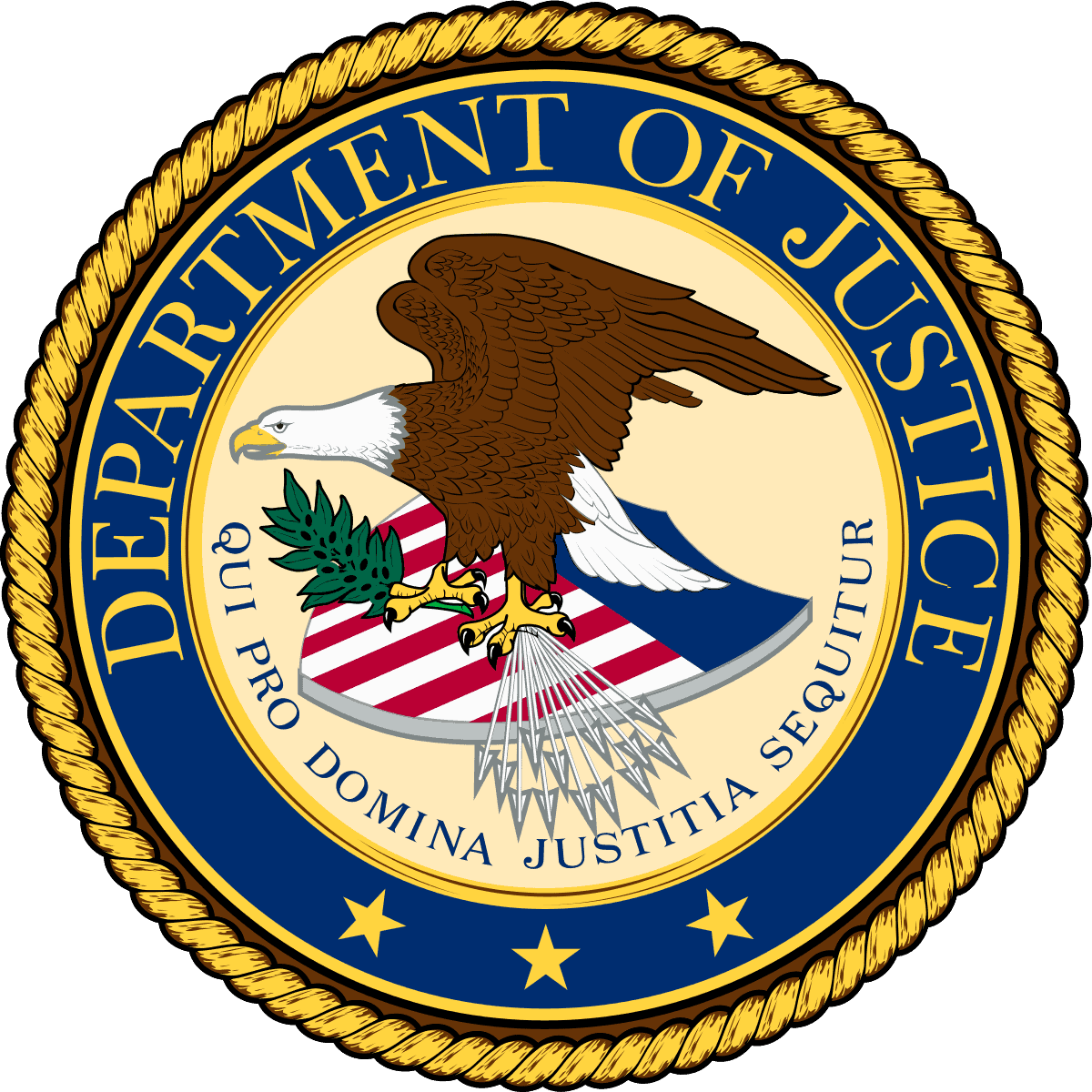Will Antitrust End Trump’s Deregulatory Push?

 Revelations that antitrust enforcers have conspired to divide jurisdiction and initiate antitrust investigations into Google and Apple (the U.S. Department of Justice) and Amazon and Facebook (the Federal Trade Commission) could well cement the end of Donald Trump claiming the mantle of a deregulatory president.
Revelations that antitrust enforcers have conspired to divide jurisdiction and initiate antitrust investigations into Google and Apple (the U.S. Department of Justice) and Amazon and Facebook (the Federal Trade Commission) could well cement the end of Donald Trump claiming the mantle of a deregulatory president.
Today’s technology companies are not anticompetitive, as antitrust boosters claim. They are the end result of intense competitive processes.
Portentously, both Democrats and Republicans (including Trump) enthusiastically endorse intervention into the economy, despite antitrust’s arbitrary, aggressive, distortionary anti-property rights nature. The antitrust revival accompanies equally ominous demands for regulation of technology platforms and the speech upon them in the social media space.
Still worse, tech executives themselves are asking for regulation. These represent a perfect anti-market storm, doubly unfortunate under Trump because it signals the end of a unique deregulatory push notably embodied in a one-in, two-out requirement for agency rules and regulations that was supposed to cut regulatory costs. The micro-management, rent-seeking, and uncertainly generated by launching antitrust intervention can easy be more onerous and expensive than the discrete regulations eliminated over the past two years.
The antitrust surge also contradicts purported national goals. Both parties claim a need to spend trillions on infrastructure, including communications infrastructure. If antitrust undermines the private sector’s freedoms to expand infrastructure wealth unimpeded, that leaves taxpayer funding.
Sound public policy does not consist of intervention, micro-management, and breakup of firms, but of encouraging “competing bigness.” Free markets comprise fundamentally voluntary, non-coercive dealings and transitory economic power, not the coercive monopoly power some pretend. Worse than government picking winners and losers, antitrust policy chooses (poorly) among business and pricing models as such; there are no stable outcomes to any of this, just distortion and imposed choices decidedly not made by consumers.
Here one sees the foundational contradiction of antitrust being invoked against some of America’s most successful firms: an overarching government, with power over all economic activity, using the epithet of “big” on everything but itself. If big is bad, the emphasis belongs elsewhere.
Competition in the creation and building of networks and platforms like those of Facebook, Amazon, Apple, and Google is as important as competition in the goods, services, and content traversing those networks. Regulation cannot mimic that competition. Policymakers should reject these antitrust retreads.